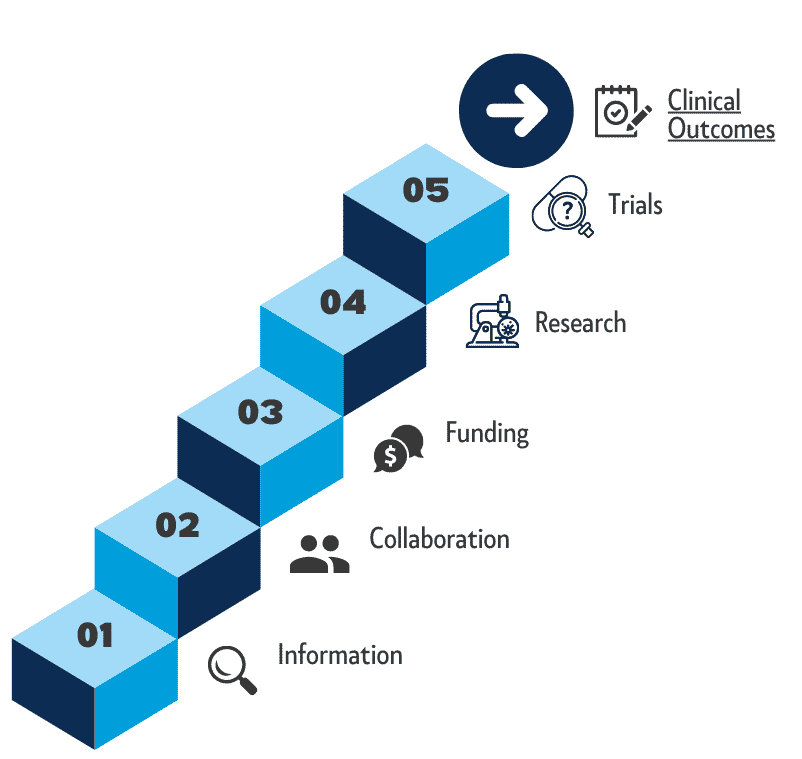Melanoma occurs when pigmented cells, melanocytes, accumulate changes in their DNA (mutations) and they start to divide uncontrollably. In Australia, 15000 people develop melanoma per year, making it the fourth most commonly diagnosed cancer. Extensive public health campaigns have increased community awareness of the importance of sun-safety, slowing the increase in incidence that was observed for decades. Moreover, increased skin monitoring and early detection by training of GPs have also helped reduce the severity of ‘Australia’s cancer’. Today around 85% of patients with early stage disease are cured by surgery.
The most dangerous stage of melanoma is when melanoma cells spread and form metastases. Then melanoma is potentially a deadly disease. The last years have seen a revolution in the treatment of metastatic skin melanoma with the approval of both so-called targeted therapy (BRAF/MEK inhibitors) and immunotherapies (immune checkpoint inhibitors, ICI). Unfortunately, half of all patients’ melanoma are resistant, or acquire resistance, to these novel therapies, resulting in death of around 1500 Australians a year. This is especially true for melanoma of the eye, uveal melanoma (UM), where basically all patients with metastases succumb to their disease.

